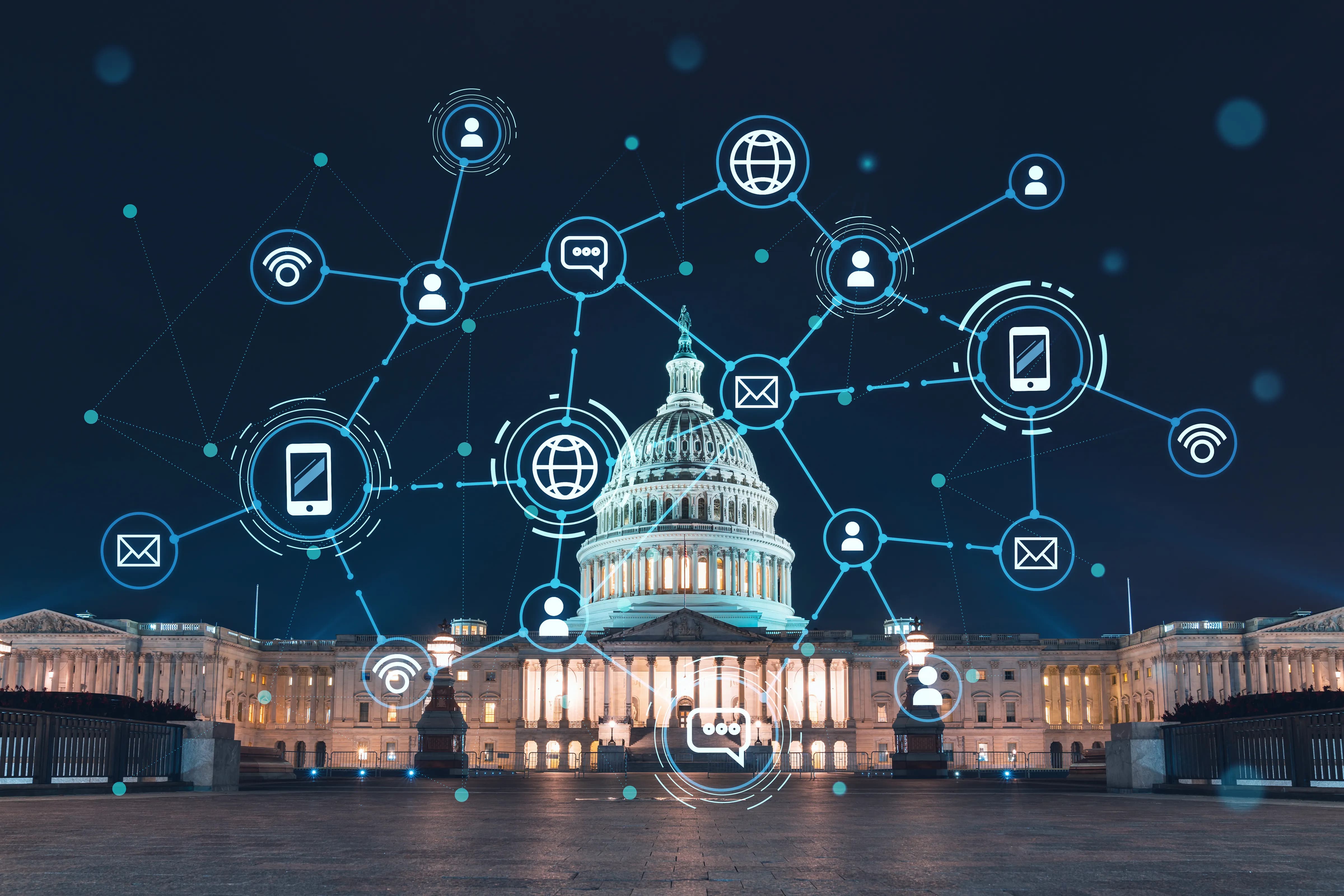



Technology
Author

Alexander Graybar
Nov 1, 2024
Fighting Back Against Billionaire Politics
Last week on NPR’s Fresh Air, journalist Susan Glasser revealed how a small circle of billionaires shape American democracy from oceanfront estates and private dinners. For most Americans, this isn’t news — it’s confirmation of what we already suspect: democracy has become an exclusive club where wealth buys power. The vision of billionaires controlling policy is no longer a conspiracy theory; it’s an observable reality.
The Billionaire’s Playbook
Consider the scale of this influence. Just last month, Elon Musk contributed more to influence the presidential race than the combined donations of 100,000 average Americans. That’s not democracy — it’s oligarchy in democratic clothing. Through back channels and lavish fundraisers, a few wealthy individuals can bend policies to favor their interests. For them, it’s a business expense, an investment in favorable laws and minimal regulations. For everyone else, it’s a reminder of their diminishing say in the direction of their own lives.
And it’s not just about money — it’s about access. Billionaires don’t just write checks; they write policy. They are at the table, directly shaping the rules we all have to live by. When high-powered lobbyists and legal teams control narratives, loopholes are found, restrictions skirted, and laws weakened. Wealth consolidates political power, leaving the everyday citizen out of the decision-making process.
Breaking Down the Walls
But here’s the thing about exclusive clubs in the digital age: their power comes from controlling access. And for the first time in history, technology gives us the tools to break down those barriers.
Think about Maria, a working mother with two jobs. A developer wants to build luxury condos in her neighborhood, driving up rents. The zoning meeting is at 2 p.m. on a Tuesday. The billionaire’s lawyer will be there, advocating for the project. Maria’s voice? Silenced by a system designed to exclude her. She can’t just leave work for a midday meeting, nor does she have a direct line to city officials or the knowledge to navigate these local policies. This isn’t an isolated scenario — it’s the daily reality for millions. In fact, 63% of Americans can’t name their local representatives, and only about 20% of eligible voters typically cast ballots in local elections.
Technology as Democracy’s Great Equalizer
While billionaires leverage private networks, digital platforms can create public ones more powerful than any oceanfront dinner party. Picture this: Every time a wealthy donor meets with your representative behind closed doors, thousands of their constituents get notified. Every time a crucial vote comes up, working parents like Maria get an alert as easy to understand as a weather notification. Every backroom deal meets the sunlight of real-time transparency.
This isn’t about tearing down the system. It’s about transforming it from a members-only club into a public square. The same technology that tells you when your DoorDash is arriving can tell you when your school board is voting on education funding. The same ease that lets you split a dinner bill can let you organize your neighbors around local issues. The same tools that make billionaires powerful — access to information, ability to act quickly, networks of influence — can be in everyone’s pocket.
Let’s Talk About Access
What does access really mean? When a billionaire wants something done, they don’t Google their representative’s office hours. They have a direct line. They don’t wade through dense government websites trying to understand policy proposals. They have teams of analysts breaking everything down in real time. They don’t wonder when the next town hall is. They’re already on the invite list.
But here’s the thing about access in 2024: it’s just information and networks. And if there’s anything the internet has taught us, it’s that information wants to be free and networks grow stronger when they’re open. The same tools that give a billionaire real-time market updates could give you real-time updates about decisions affecting your community. The same efficiency that lets them mobilize resources could let you mobilize your neighbors.
Every advantage they have comes down to three things:
Knowing what’s happening
Understanding what it means
Having the tools to act quickly
Technology can democratize all three. Not in some distant future, but right now.
The Call to Action
The billionaires gathering at oceanfront estates aren’t the story. They’re the old way, the sunset of an era where power could be contained in a dinner party. The sunrise? It’s millions of Americans, armed with the right tools, transforming democracy from their phones.
Think about it: Every social media post that goes viral proves the power of networks. Every crowdfunding campaign that succeeds shows how small actions add up. Every time an issue trends online, it demonstrates that collective attention can shift the national conversation.
Now imagine that power focused not on memes or merchandise, but on the decisions that shape our lives. Imagine local politics as accessible as your Instagram feed, direct democracy as easy as hitting ‘like,’ civic engagement as natural as checking your phone.
The billionaires have their networks. But networks of millions are stronger than networks of millionaires. All we need are the right tools to prove it.
(That’s why we built Voter — to put democracy back in everyone’s hands).



